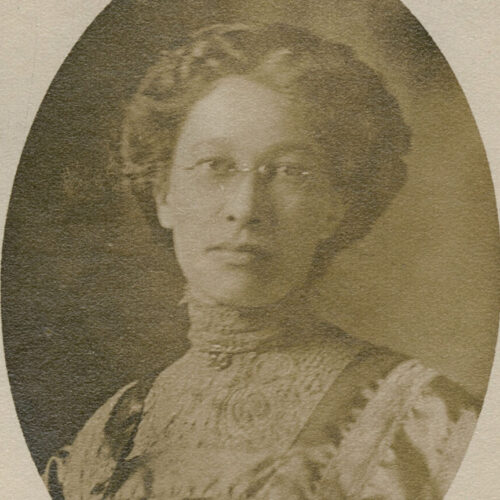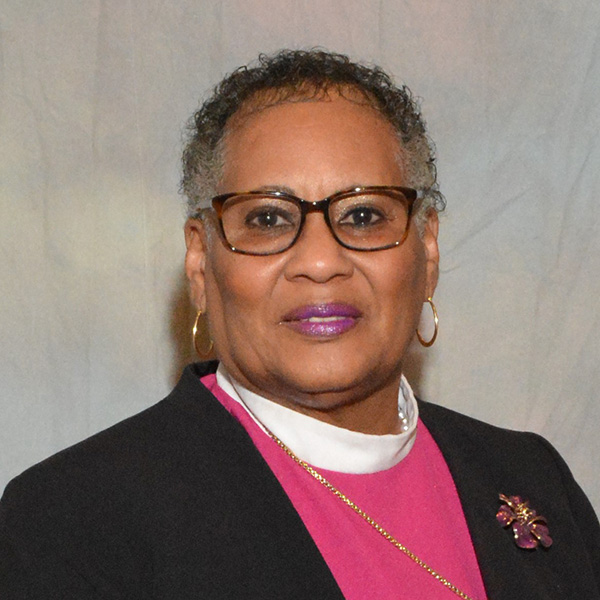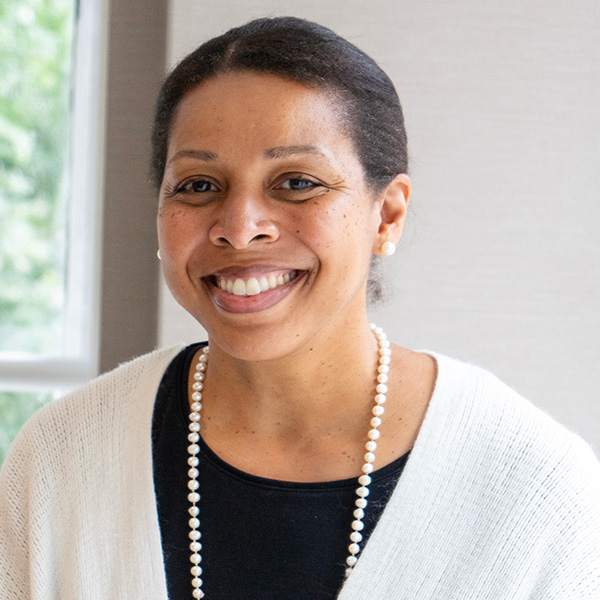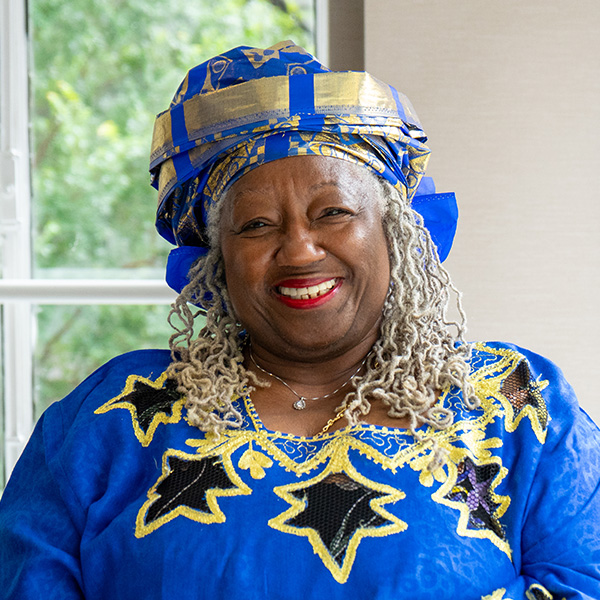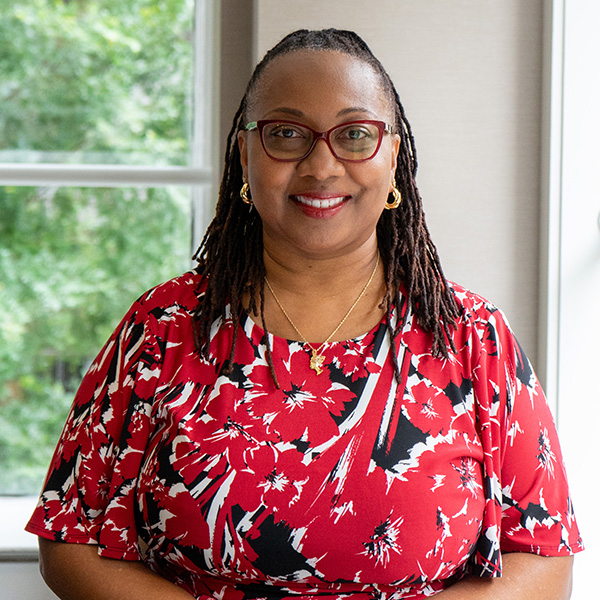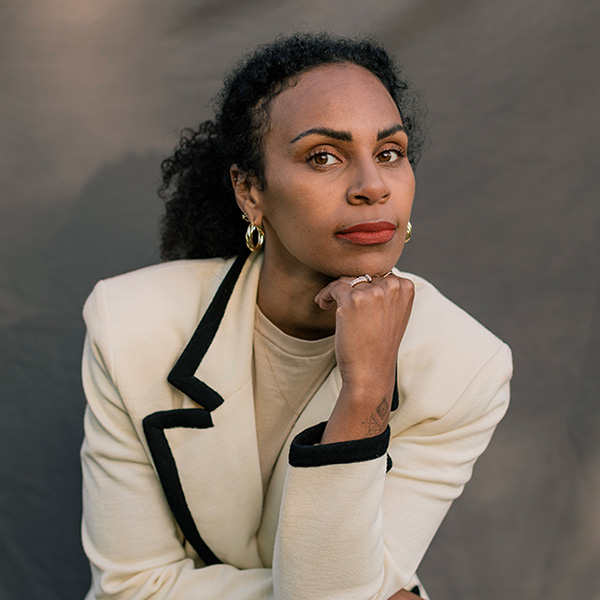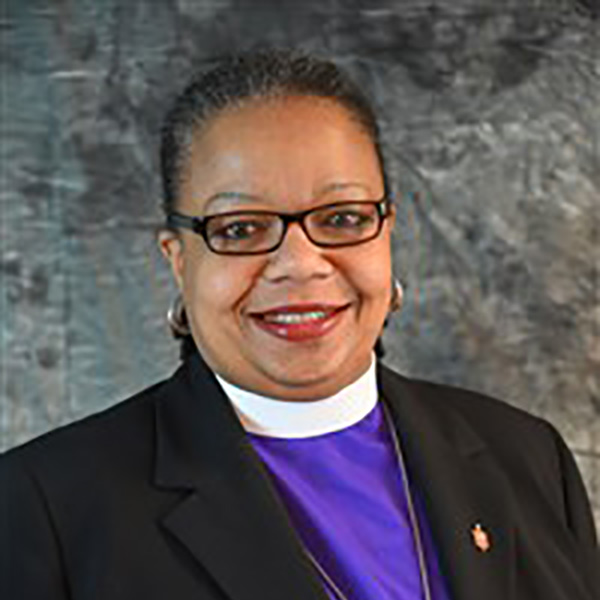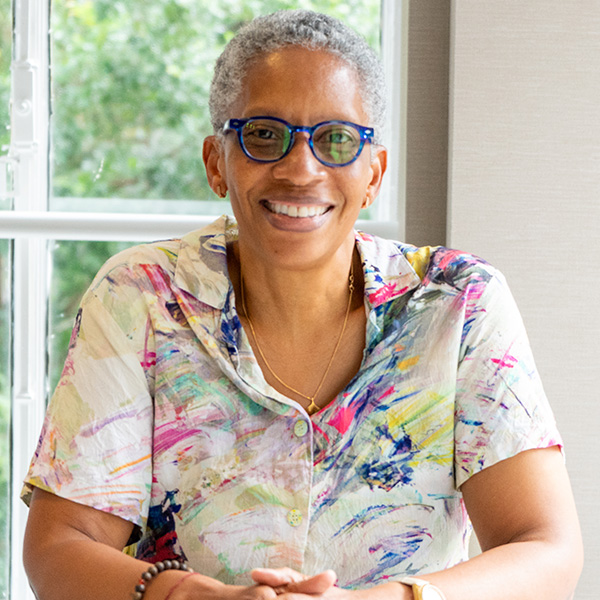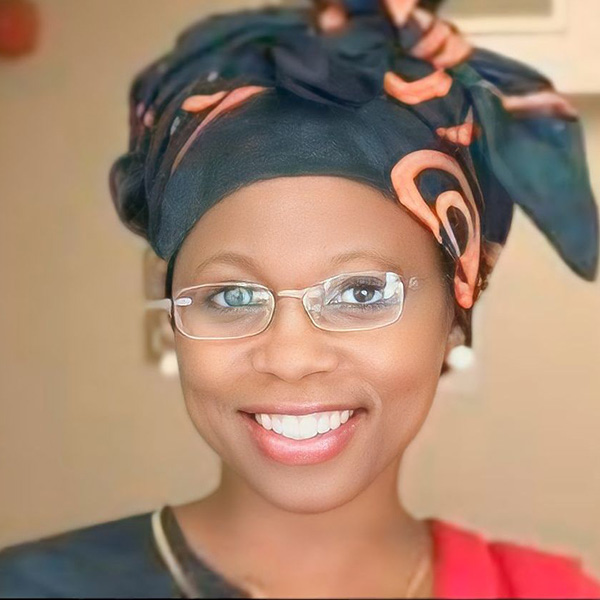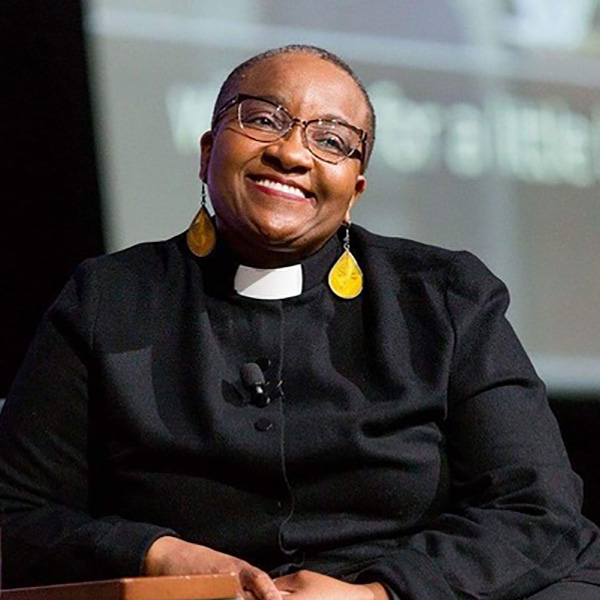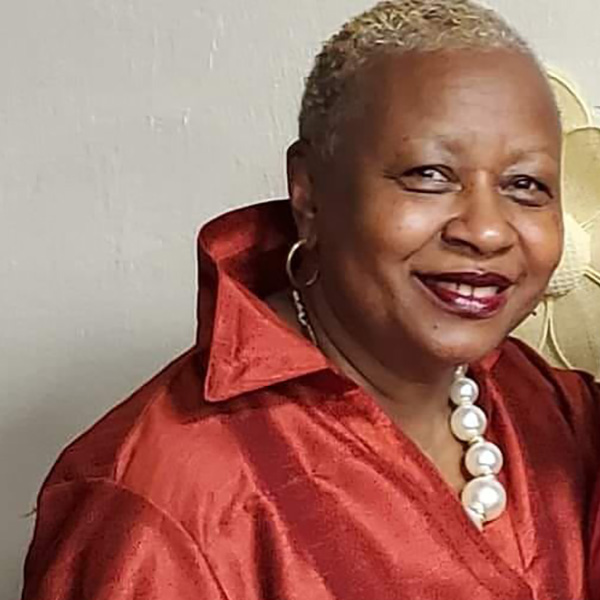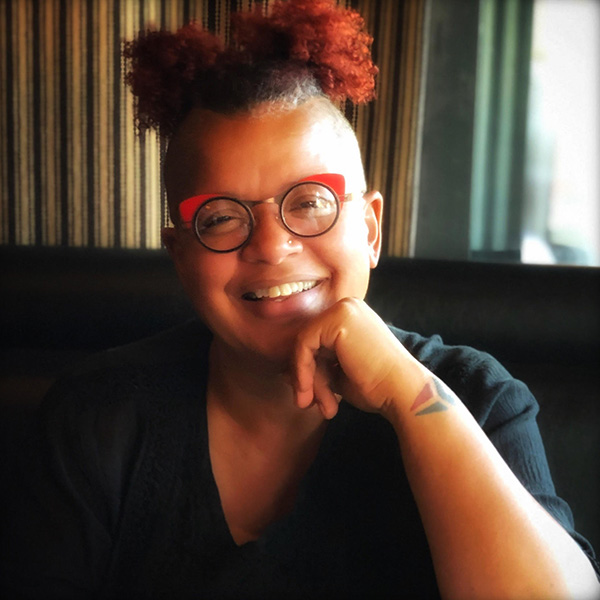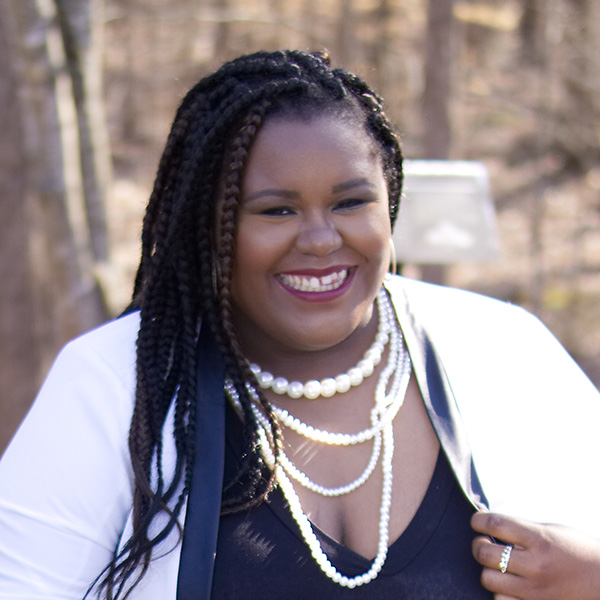Biography
Early Life
Lugenia Burns Hope was a trailblazer in social work and community organizing in Georgia. Though she lived most of her life in Atlanta, Burns Hope came of age in the midwest. She was born in St. Louis, Missouri. Then moved to Chicago, Illinois with her family. There, she was involved with social welfare organizations like Hull House.
In her early twenties, John Hope began courting her, and the couple married in 1897. A position for John at the Atlanta Baptist College (later renamed Morehouse College) prompted their final move to Georgia in 1898.
Hope’s Christian faith was central to her worldview as a child. In addition to attending Grace Presbyterian Church, she participated in the King’s Daughters Association – a community service organization where she received a high school education and practical experience in philanthropic service.
During this time, Hope also was elected the first black secretary of the Christian Social Work Organization. Combining service and faith was a fundamental part of Hope’s life work. She dedicated her life to improving the social conditions of African Americans of all ages and economic backgrounds.
Community Activism
Hope’s most notable achievement was the 1908 founding of the Neighborhood Union, which was “An Organization Of Negro Women For The Culture And Improvement of Their Community.” A decade before, Hope and other Black women in Atlanta worked to open daycare and early childhood education centers to assist working mothers and nurture Black children.
With the motto, “Thy Neighbor As Thyself,” the Neighborhood Union espoused charitable Christian values through projects. This ranged from developing playgrounds for children to providing medical services to those without access.
Hope was vocal about the much-needed social services African Americans were being denied because of their race. Her persistent efforts and leadership led to several major reforms. This included the establishment of the first Black high school in Atlanta in 1924 and the first public housing created for Black residents in the United States.
Social Leadership
By the 1920s, Hope was highly regarded in national and international circles as an effective social reformer. She collaborated with large organizations like the National Association of Colored Women and the National Association for the Advancement of Colored People.
Her husband’s ascendancy to the Presidency of Morehouse College made her known to many in Atlanta as the “First Lady” of the prestigious institution. She used her prominence to lobby for equal rights and justice for women and African American citizens.
Her voice was substantial in changing the discriminatory practices of the Young Women’s Christian Association to include Black women as empowered leaders and decision-makers. In addition, she was a leader in interracial activism for the anti-lynching movement that sought protective laws for African Americans impacted by the intense racial violence of white supremacy in the South.
Hope decided to move to the North after the death of her husband in 1935, where she continued to contribute to the needs of Black communities. Her faith remained an undercurrent to her social projects and reforms that impacted generations of Black children, women, and “Morehouse Men.”
Lugenia Burns Hope’s legacy continues to be a beacon to social workers and women around the world inspired by their faith to make the changes they wish to see.
